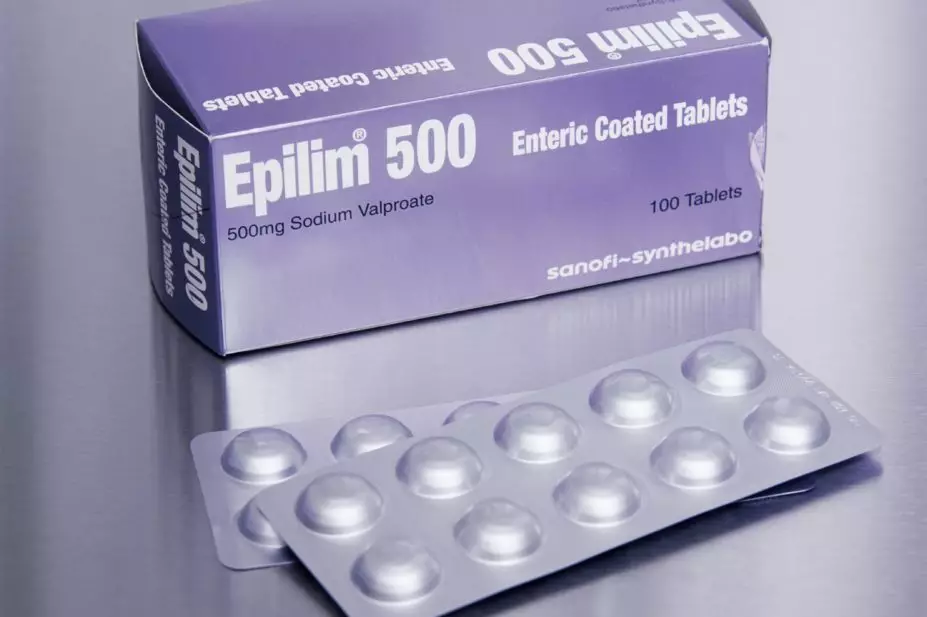
Science Photo Library
The evidence is clear: too many women taking sodium valproate in the UK are unaware of the risks it poses to any pregnancy they may have, and community pharmacy needs to do much more to help.
A survey published by epilepsy charities in July 2020 found that just over one in ten (11%) women who take sodium valproate are unaware of the risks from taking it. And almost half (44%) of participants said they had not discussed the risks of taking the medicine with a healthcare professional in the past 12 months.
These figures are backed up by an audit from the Company Chemists Association, published in November 2019, that found that just 40% of the 6,480 audited pharmacy teams issued warning cards when dispensing sodium valproate, which is a requirement from the Medicines and Healthcare products Regulatory Agency (MHRA) and monitored during inspections by the General Pharmaceutical Council.
Sodium valproate is a treatment for epilepsy and bipolar disorder, and is prescribed to thousands of women each year. Since its introduction in 1974, the product information for doctors has included a warning about the possible risk of birth defects. But as the risks to unborn children have become better understood, the warnings have been strengthened.
In 2018, the MHRA changed licensing rules around sodium valproate to minimise these risks, which included reducing pack sizes and adding warning labels. It also requires pharmacy teams to discuss the risks of pregnancy with female patients and issue a warning card each time they dispense these medicines, as part of the valproate pregnancy prevention programme.
And these rules could be tightened further as the MHRA is currently reconsidering valproate as a treatment for bipolar disorder in women of childbearing age.
But the latest available data from the MHRA indicate that, although prescribing of sodium valproate in pregnancy has declined by 78% since 2010, there was still exposure in 2.46 per 10,000 pregnancies in 2019.
This means that there are ongoing pregnancies where the foetus is being exposed to a heightened risk of developmental damage. If sodium valproate is taken during pregnancy, up to four in ten babies are at risk of developmental disorders and approximately one in ten are at risk of birth defects.
Pharmacy teams were stretched, even before they had a pandemic to cope with, and it may be that understaffing, or a lack of time for learning and development, has played a role. But this is – to some extent – a preventable risk, and it is one that community pharmacy has been too slow to act on.
It is time for pharmacy teams across the country to act now and give all women the required information at the point they dispense sodium valproate — as a minimum. We have developed this resource, alongside Sanofi, for pharmacy teams to help, but a proactive nationwide campaign — led by community pharmacy — to contact women taking sodium valproate, who may have missed out on counselling, would be even better.
If community pharmacy wants to show it truly is the leader in the safe and effective use of medicines, then it needs to show much more leadership — starting right here.


